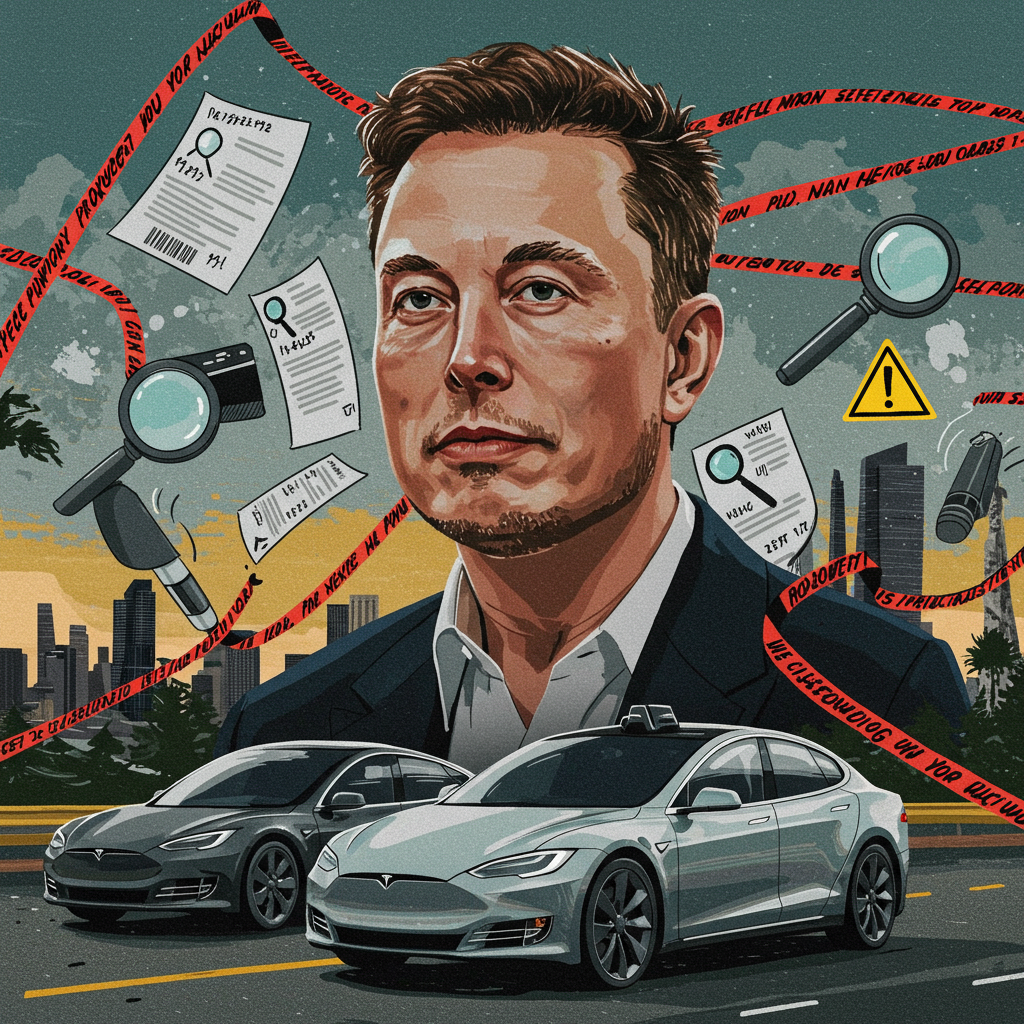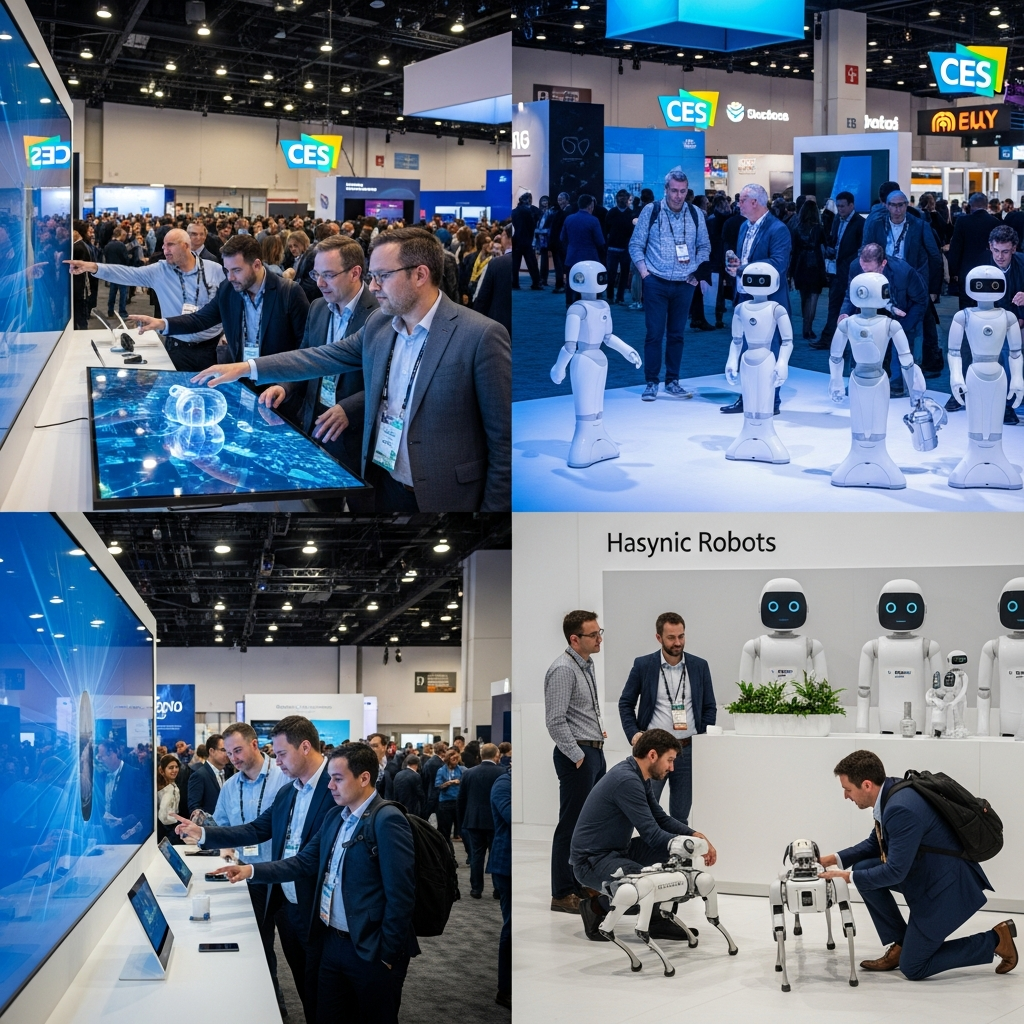Meta is pouring immense resources into developing artificial superintelligence (ASI), aiming for a future where AI surpasses human capabilities across all domains. This ambitious push, led personally by CEO Mark Zuckerberg, involves restructuring the company’s AI division and forming a dedicated unit: Meta Superintelligence Labs (MSL). The declared goal is clear: to be the first to achieve this transformative level of AI and weave it deeply into meta’s vast product ecosystem, from chatbots to smart glasses.
This all-in strategy isn’t without controversy or internal debate. It comes at a staggering cost, fuels an intense talent war, and faces skepticism even from within Meta’s own expert ranks.
The Ambitious Pursuit of Superintelligence
Artificial Superintelligence (ASI), or Artificial General Intelligence (AGI), represents a theoretical future state where AI systems possess cognitive abilities far exceeding human potential. Imagine exponential leaps in scientific discovery, medical breakthroughs, and technological innovation. Mark Zuckerberg believes this era is closer than many think and is positioning Meta to lead the charge.
He has reorganized Meta’s AI efforts, creating MSL specifically for this grand objective. This new lab is co-led by Alexandr Wang, founder of Scale AI and now Meta’s chief AI officer, and Nat Friedman, former head of GitHub. Zuckerberg has publicly stated his full commitment, viewing this pursuit as potentially ushering in a “new era for humanity.” The ambition is to outpace rivals like OpenAI and Google DeepMind in this high-stakes race.
The Sky-High Price of Top AI Talent
Achieving superintelligence requires an unprecedented concentration of elite researchers and engineers. Meta’s strategy to acquire this talent has shifted dramatically, particularly after facing hurdles in acquiring promising AI startups. Reports indicate Meta engaged in discussions with companies like Safe Superintelligence (SSI), Perplexity AI, and Thinking Machines Lab, but these deals reportedly stalled due to high valuations, founders wanting independence, and vision misalignment.
Blocked from buying startups, Meta pivoted to aggressive, high-cost hiring. Reports from multiple sources detail eye-watering compensation packages offered to top AI researchers, particularly those from competitors like OpenAI. Some offers were reportedly worth up to $300 million over four years, with potential total compensation exceeding $100 million in the first year alone, often including immediately vesting equity. For context, these reported figures dwarf the recent annual compensation of CEOs like Microsoft’s Satya Nadella or Uber’s Dara Khosrowshahi. Zuckerberg has reportedly also assured potential recruits access to critical computing resources, notably high-end GPUs, a major draw in resource-constrained AI research environments.
The Talent War and Poaching Controversy
This aggressive recruitment has ignited a heated “AI talent war.” Meta has specifically targeted leading researchers at OpenAI, Anthropic, and Google, successfully hiring key individuals. Prominent hires reportedly include Trapit Bansal, Shuchao Bi, Huiwen Chang, and numerous others known for work on leading models like OpenAI’s o-series and GPT-4o, or Google’s image generation AI.
The poaching efforts have drawn sharp public reactions. OpenAI CEO Sam Altman claimed Meta offered “$100 million signing bonuses” to his researchers. However, both Meta and some of the recruited researchers have publicly disputed the scale and structure of the highest reported figures, suggesting they are exaggerated or represent total compensation over time rather than upfront bonuses. Meta CTO Andrew Bosworth notably accused Altman of dishonesty regarding the success of Meta’s recruitment efforts, asserting Meta is hiring from OpenAI. Despite denials of the most extreme figures by some hires, internal confirmations suggest high, though perhaps not universally astronomical, pay levels for key AI roles within Meta.
Pivot from Acquisitions to Hiring
Meta’s current talent strategy is a direct result of its inability to secure key generative AI startups through acquisition in late 2024 and early 2025. Faced with excessively high valuations and the strong desire of founders to maintain control and pursue their own visions, Meta shifted focus.
Instead of acquiring entire companies, the approach became about acquiring key individuals, often with highly attractive terms. This includes recruiting figures like Alexandr Wang (founder of Scale AI), Daniel Gross (co-founder of SSI), and Nat Friedman. Wang’s move reportedly coincided with a significant Meta investment in Scale AI, potentially valuing the data-labeling company in the tens of billions. These top hires were reportedly offered not just bonuses but also stakes in their venture capital firm (NFDG) and promised a significant degree of autonomy, a rare concession within a large corporation like Meta. This high-stakes hiring demonstrates the immense value placed on elite AI expertise in today’s market.
Skepticism Within Meta’s Ranks
Despite Zuckerberg’s unwavering commitment, the path to superintelligence is not universally agreed upon, even within Meta. Notably, Meta’s Chief AI Scientist, Yann Le Cun, a highly respected figure in the field, has publicly expressed doubt about the timeline. Last month, Le Cun stated achieving superintelligence within the next two years was unlikely, declaring “there is no way in hell.”
Le Cun has also questioned the prevailing approach of simply scaling up current large language models (LLMs) as the primary route to superintelligence. This stance contrasts with the strategy seemingly favored by some competitors and arguably underlies parts of Meta’s own efforts to build next-generation LLMs for MSL. This public disagreement highlights the ongoing debate within the AI community and even within Meta itself about the feasibility and methods for reaching true superintelligence.
Integrating Superintelligence into Meta’s Future
If Meta successfully develops advanced superintelligence, the plan is to integrate these capabilities across its massive user base. With over a billion users monthly already interacting with Meta AI across platforms like Facebook, WhatsApp, and Instagram, the potential reach is enormous.
Future iterations of Meta AI, powered by next-generation models from MSL, could offer far more sophisticated and transformative experiences. This could extend to advanced AI features in products like the Ray-Ban smart glasses, creating truly intelligent digital companions and services deeply embedded in daily life. The potential for disruption across various industries is immense, though questions about safety, ethics, and control of such powerful AI remain critical considerations.
The Unfolding AI Landscape
Meta’s pursuit of superintelligence is a high-stakes gamble in a rapidly evolving landscape. The intensity of the talent war means retaining researchers is as challenging as hiring them, even with lucrative offers. While Meta has successfully attracted significant talent, other companies are countering offers and fostering cultures that researchers might find more appealing for long-term impact. The strategic pivot from acquisitions to expensive recruitment underscores the urgency and difficulty of securing the necessary expertise.
The future of AI, and who will lead the charge to superintelligence, is still being written. Meta’s aggressive investment, talent acquisition strategy, and internal dynamics position it as a major player, but the road ahead is costly, controversial, and filled with technical and ethical challenges.
Frequently Asked Questions
What is Meta Superintelligence Labs and what is its main objective?
Meta Superintelligence Labs (MSL) is a new division within Meta created specifically to research and develop artificial superintelligence (ASI), also known as artificial general intelligence (AGI). Its main objective is to build AI systems with cognitive capabilities far exceeding human intelligence and to integrate these advanced capabilities into Meta’s products, with the explicit goal of being among the first to achieve this milestone.
Who are the key leaders and prominent hires in Meta’s superintelligence team?
Meta Superintelligence Labs is co-led by Alexandr Wang, former CEO of Scale AI and now Meta’s Chief AI Officer, and Nat Friedman, former CEO of GitHub. Meta has also hired numerous prominent researchers from competing labs like OpenAI, Anthropic, and Google, including individuals such as Trapit Bansal, Shuchao Bi, and Huiwen Chang, known for their work on leading AI models.
Why is Meta reportedly offering such high salaries for AI talent?
Meta is reportedly offering extremely high compensation packages, some speculated to be in the hundreds of millions over several years, primarily because it’s facing intense competition in a global “AI talent war.” This strategy is partly a pivot after failed attempts to acquire key AI startups. Securing elite AI researchers and engineers requires unprecedented financial incentives and promises of resources (like GPUs) and autonomy, reflecting the immense value placed on this specialized expertise in the current market.



